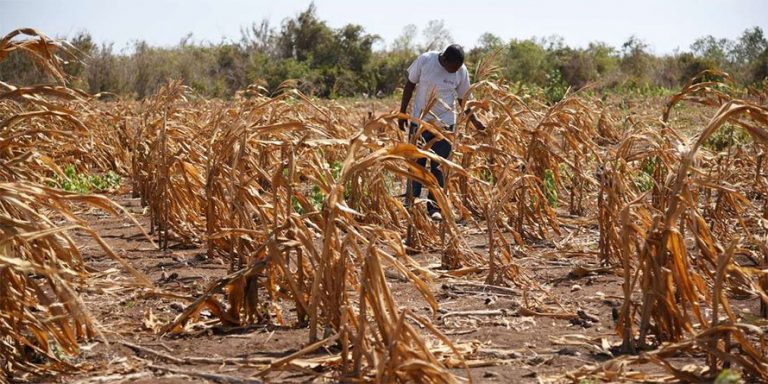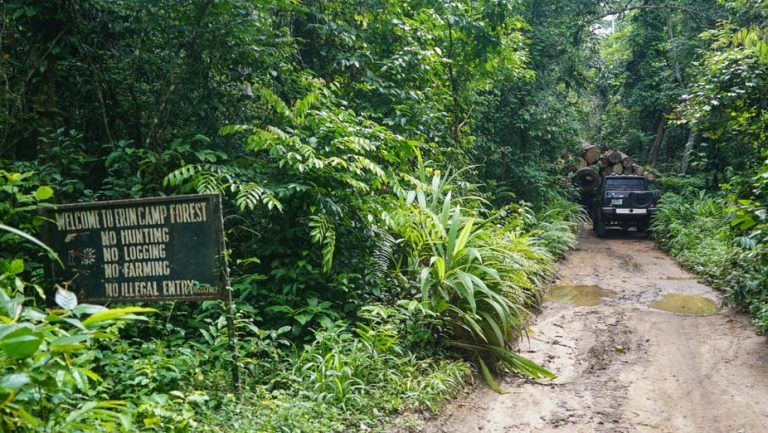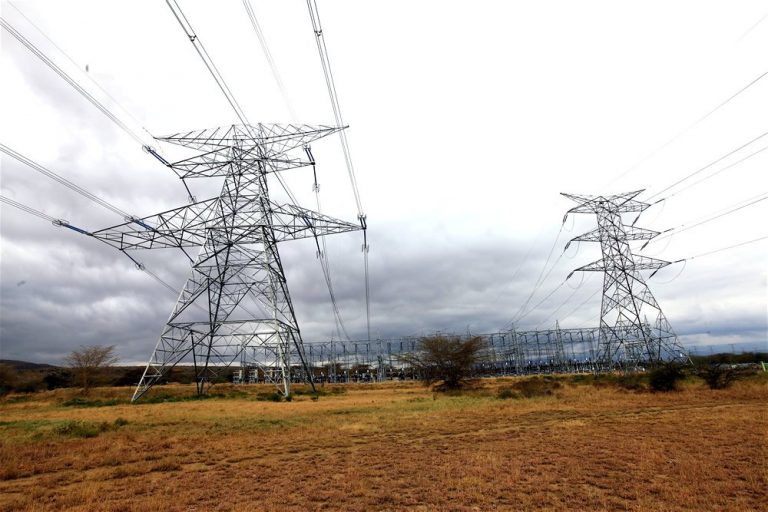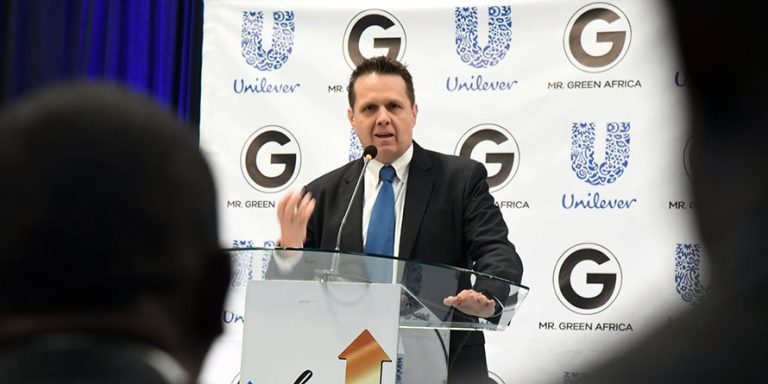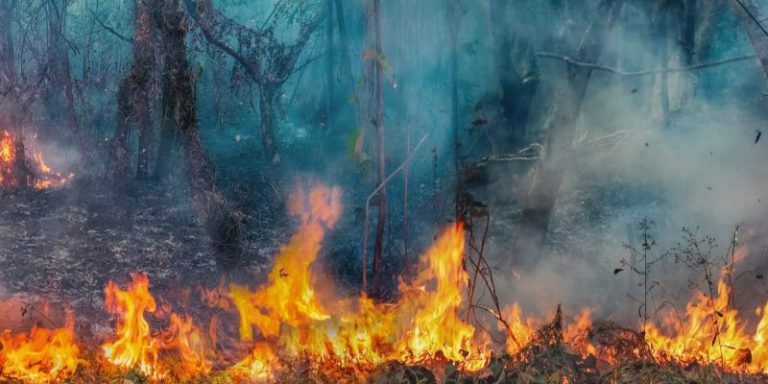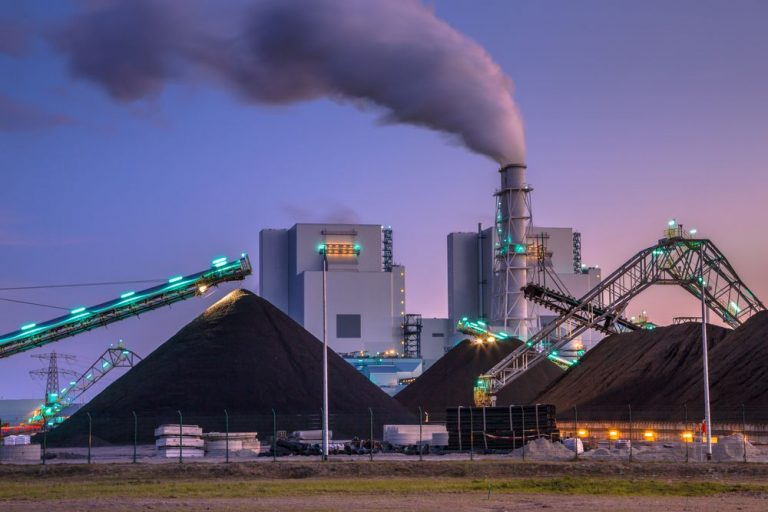Family businesses are always focused on securing longevity and ultimately cementing their legacy. Passing on a resilient business to the next generation is, therefore, a defining feature in their game plan.
However, most family-owned enterprises are also familiar with the pain-points around succession politics. While the older generation may be keen to hand over the baton of an established organisation, the younger generation needs purpose, more than anything else, to steer the ship. This is according to the findings of a sustainability study on family firms by IMD Business School – A Swiss leadership institution for business executives.
“Family firms hold a unique position in advancing the sustainability agenda. As businesses that have been forged with future generations in mind, they constantly balance performance against legacy and this crucial equilibrium is central to sustainability,” the report says.
The need to move to sustainable business models is increasingly becoming a must for corporations regardless of their ownership structure. In the modern world – one in which climate tipping points have been breached and societies around the world are calling for more equity – shareholders can no longer be the sole beneficiaries of value creation. Today, people and planet must also be considered in every strategic decision a leadership team makes.
“For family businesses, such inclusivity was often embedded in the founding principles of the first generation. Their ecosystems have been organically built around people and the environment, as well as profitability. Doing well by doing good is embedded in their DNA,” IMD Business School says in its findings.
Interesting takeaways surfaced from the study.
For instance, it was revealed that when millennials took over leadership roles from the old guard, they were more likely to introduce more sustainable practices within the business.
“In particular, many owners noted the arrival of the next generation of millennials in management and board positions as a strong driver to a more systematic approach to integrating sustainability at the core of the business,” said Natalia Olynec, a Sustainability Partner at IMD.
In a fluid, ever-changing world characterised by shifting sands of customer taste, visionary companies anticipate future trends, transform and disrupt themselves around sustainability. For family enterprises, they prototype and scale new sustainable ways of doing business, aimed at cementing their legacy.
Such companies, the report says, define their sustainability focus around who they are and what issues are important to them. This, in effect, infuses their endeavors with purpose. Purpose is why a company exists and what impact it wants to have in the world.
“Family businesses are at an advantage here, because they have a historic imprint they can utilise, re-defining legacy around entrepreneurial sustainability,” said Vanina Farber, a professor at IMD School and elea Foundation chair of social innovation.
Farber says that there is a need to rethink sustainability approaches in corporate circles. This is because there is an ongoing fundamental cultural shift around success, leadership, investment and the role of business in a resource and climate-challenged world.
“Ask a 50-something what their idea of success was when growing up, and they will likely list an enviable list of luxuries – big houses, expensive cars, boutique holidays, for instance. However, if their young-adult child were asked the same question, we would get a very different answer. Having enough money to live on, work success, good health, strong relationships, intellectual stimulation, community and moral values are the qualitative priorities on millennial wish lists,” Farber points out.
“How can businesses respond to such a profound shift away from asset-driven aspirations towards more experiential and impact-driven goals? The key is to focus on areas of impact that are core to the business and can drive innovation. Whether in terms of product design, business model, or new markets, the query can lead to innovative market solutions to societal problems and new consumer preferences. Questions of impact are being brought inside the market space. Whether it is accountability or transparency, businesses are being asked to engage with questions they are often unused to and this requires attention.”
Farber further observes: “We are redefining the way companies create value. From the value proposition, the life of the product, the production process to the business model – all business issues are now seen under a new lens. This is especially relevant for family businesses because they rely on long-term to preserve their legacy.”
Read also: Social Entrepreneur, 29, To Feed Poor Kenyan Homes Amid Coronavirus


